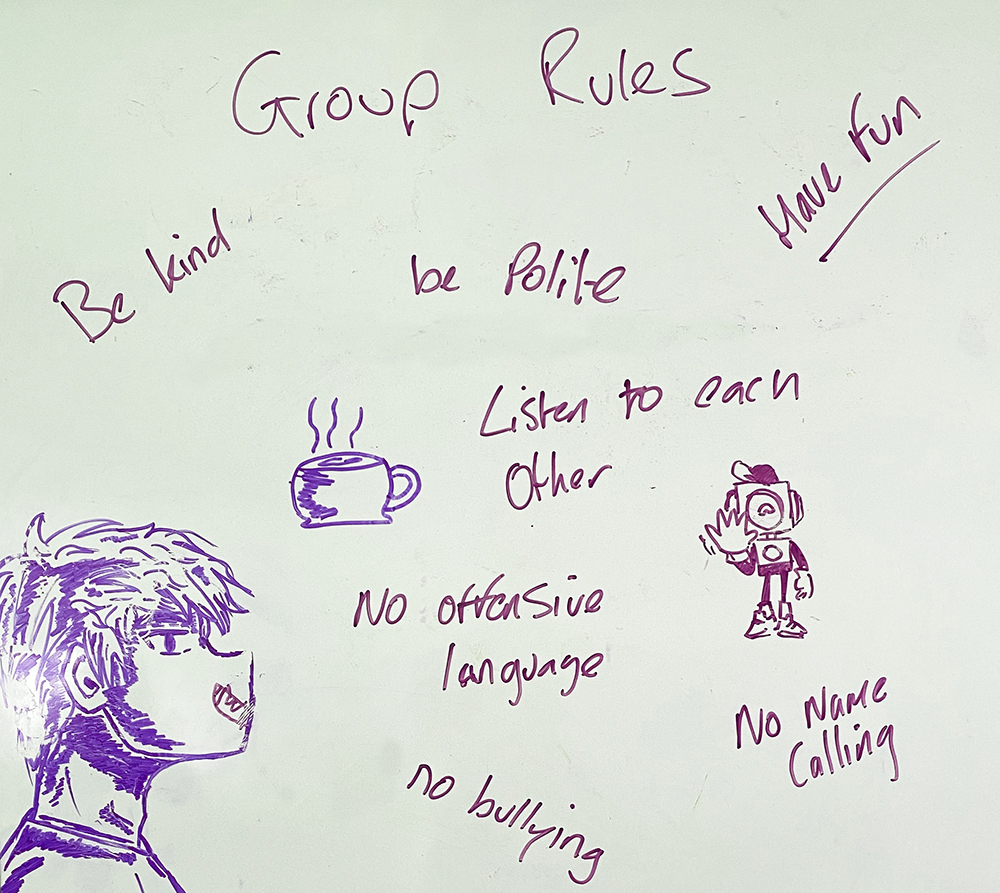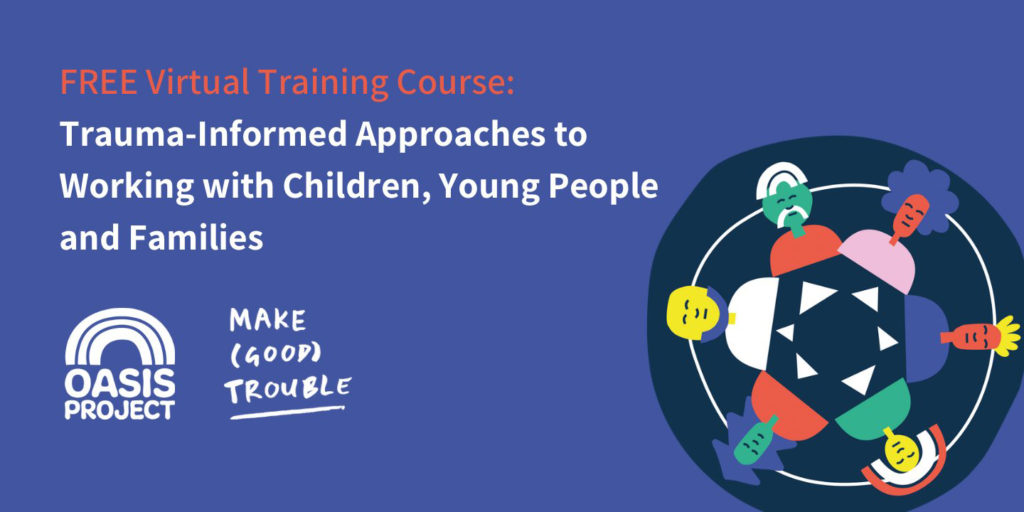The Make (Good) Trouble team has just finished making a film about the amazing social prescribing pilot programme in East Sussex, which you can watch below.
Created for East Sussex County Council and NHS Sussex, the film tells the stories of children, families and professionals involved in the pilot.
Social prescribing is a non-medical approach to mental health and wellbeing. “It offers time, space and a supported personalised approach to explore what matters to individuals, and to help support them as quickly and easily as possible.” (National Children’s Bureaux).
The programme used social prescribing and positive activities – like cooking classes, physical activities, and getting out in nature – to support children’s mental health and emotional wellbeing. We could see how much it transformed young people’s lives.
As one parent said in the film: “She’s blossoming at school now. It’s put in [place] a lot of strategies that that they’re still using. If you’re honest with them and you tell them everything, they’ll help. We’re living proof of that … people need to hear the good things that they do. There’s not enough people shouting – they need to shout from the rooftops about it.”
Big thanks to Luke Lebihan and Grace Bagwell for their brilliant work on this film.
Find out more about NHS Sussex’s social prescribing plan.



